By: Sandra Minaburo
Starting in 2012, public entities in Mexico mandatorily will have to submit their financial statements prepared with the International Financial Reporting Standards (IFRS) issued by the International Accounting Standard Board (IASB), in accordance with the press bulletin PRESS BULLETIN No. 056/2008, published on November 11, 2008 by Comisión Nacional Bancaria y de Valores (National Banking and Securities Commission or CNBV as per initials in Spanish) in México.
According to the CNBV, this adoption will generate several benefits to the market and to the investing public, amongst other:


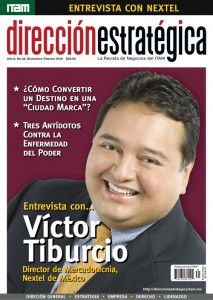
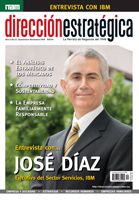
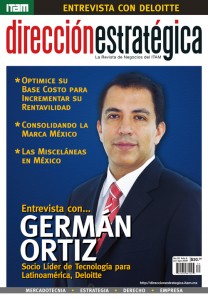
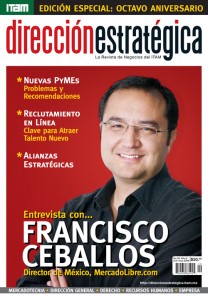
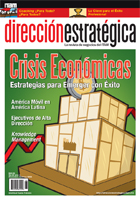
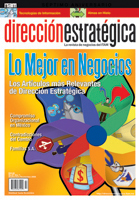
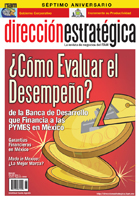
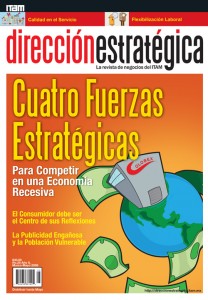
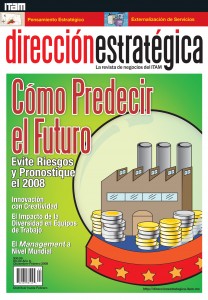
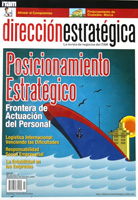

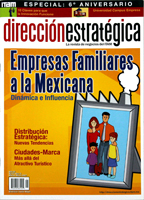
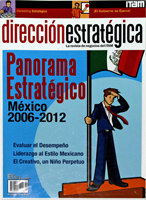
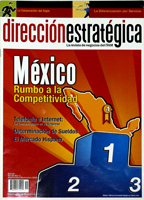
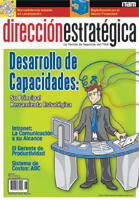
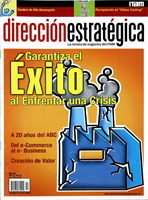
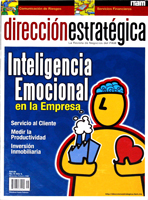
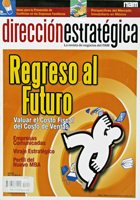
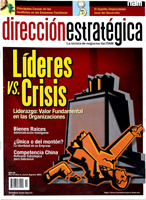
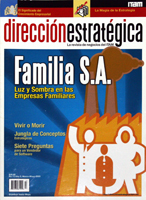

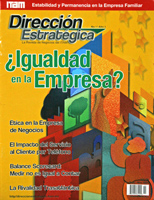
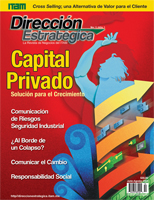
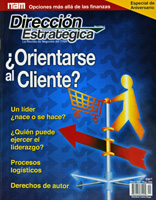
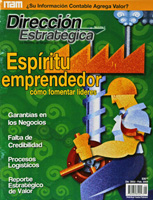
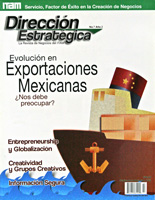
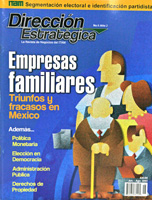
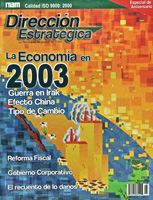
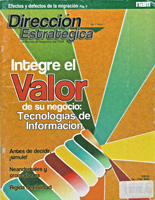
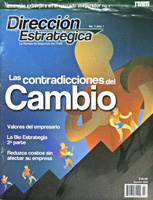
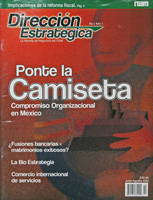
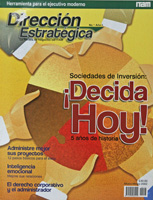
Where is the Budget Headed?
“The budget is the ruin of Corporate America. It should never have existed.”
Jack Welch, CEO of General Electric
Budgets are one of the accounting tools most widely used in the planning and control of organizations. However, there is ongoing debate as to the usefulness of the traditional budget. How can budgets be made more flexible? Who are the people who should be involved in drawing them up? What should be included and what should be left out? How often should information be revised or updated? These are just some of the questions that arise when faced with the need for financial planning systems that are able to respond to rapidly changing marketplaces.
(read more…)